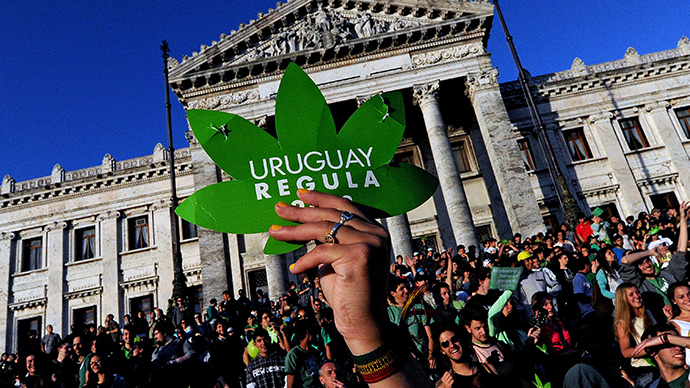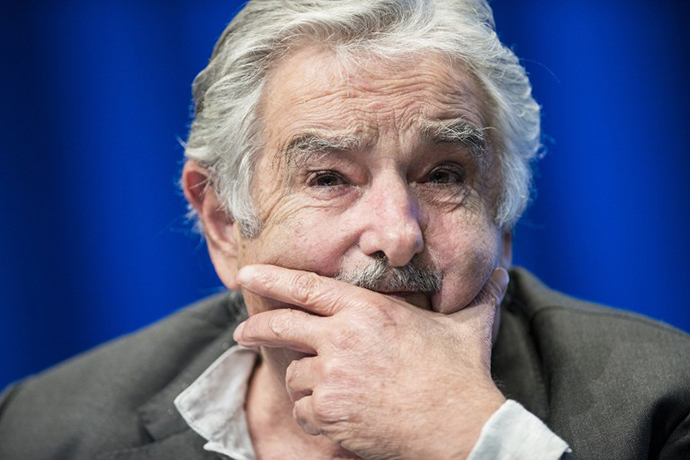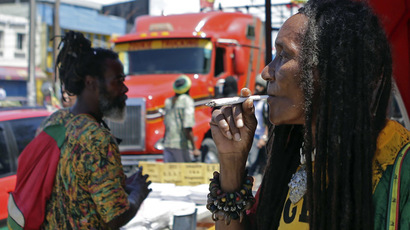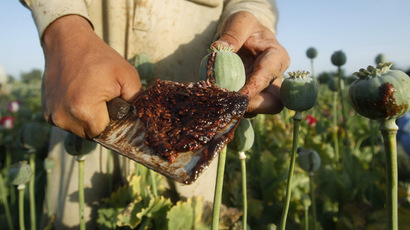Uruguay delays legalized sale of marijuana until 2015

Uruguay has delayed the legalized sale of marijuana until next year due to complications in implementing the new law, according to comments made by President José Mujica on Wednesday.
The small South American nation has become the face of progressive views on the consumption of marijuana. Despite moves to legalize the country’s cannabis market – a move which was approved in December – Mujica told AFP that sales to consumers would “go to next year” due to “practical difficulties.”
"We are not just going to say, 'hands off and let the market take care of it,' because if the market is in charge, it is going to seek to sell the greatest possible amount," Mujica, 79, told AFP.

Legal buyers in Uruguay must be 18 years or older. The country’s regulations stipulate that marijuana products available to consumers will contain a 15 percent concentration of tetrahydrocannabinol, or THC, the plant’s main active psychoactive ingredient.
Uruguay’s government will oversee the entire supply chain for the growing and sale of marijuana. Mujica emphasized that the delay in sales to consumers, which was meant to begin this year, is necessary to ensure an organized rollout.
According to Mujica, Uruguay is looking for a smooth transition – unlike in the US, where legalized marijuana has become available in a handful of states and has often left law enforcement in legal limbo.
"If we want to do this sloppily, it is not hard to do that; that's what the United States is doing. But if we want to get this right...we are going to have to do it slowly.”
Despite the delay in consumer sales, Uruguay is already seeing the impact of the new legislation. In June, the Association of Cannabis Studies of Uruguay began the process of registering with the Education and Culture Ministry. The group would become the country's first officially recognized marijuana-growing club. Under the law, joining such a club is one of three legal ways to obtain marijuana.
In addition to retail sales, Uruguay’s citizens (and legal residents) will be permitted to cultivate up to six marijuana plants per household, and harvest 480 grams per year, AP reported. Licensed marijuana buyers will be allowed to purchase 40 grams per month, or 10 grams per week, through legal pharmacies. Marijuana-growing clubs, meanwhile, will be permitted to have up to 45 members, and grow no more than 99 plants.
Although Uruguay has long been thought of as one of the safest countries in Latin America, a recent uptick in organized crime pushed the largely prosperous nation to legalize marijuana in the hopes of routing the growth of the sort of cartel violence that has afflicted countries such as Mexico and Colombia.
By implementing progressive drug policies, Uruguay’s leadership seeks to avoid “heading down the same path as other Latin American countries, where violence becomes endemic and linked to illicit drug markets," says John Walsh, a leading drug policy expert at the Washington Office on Latin America.














